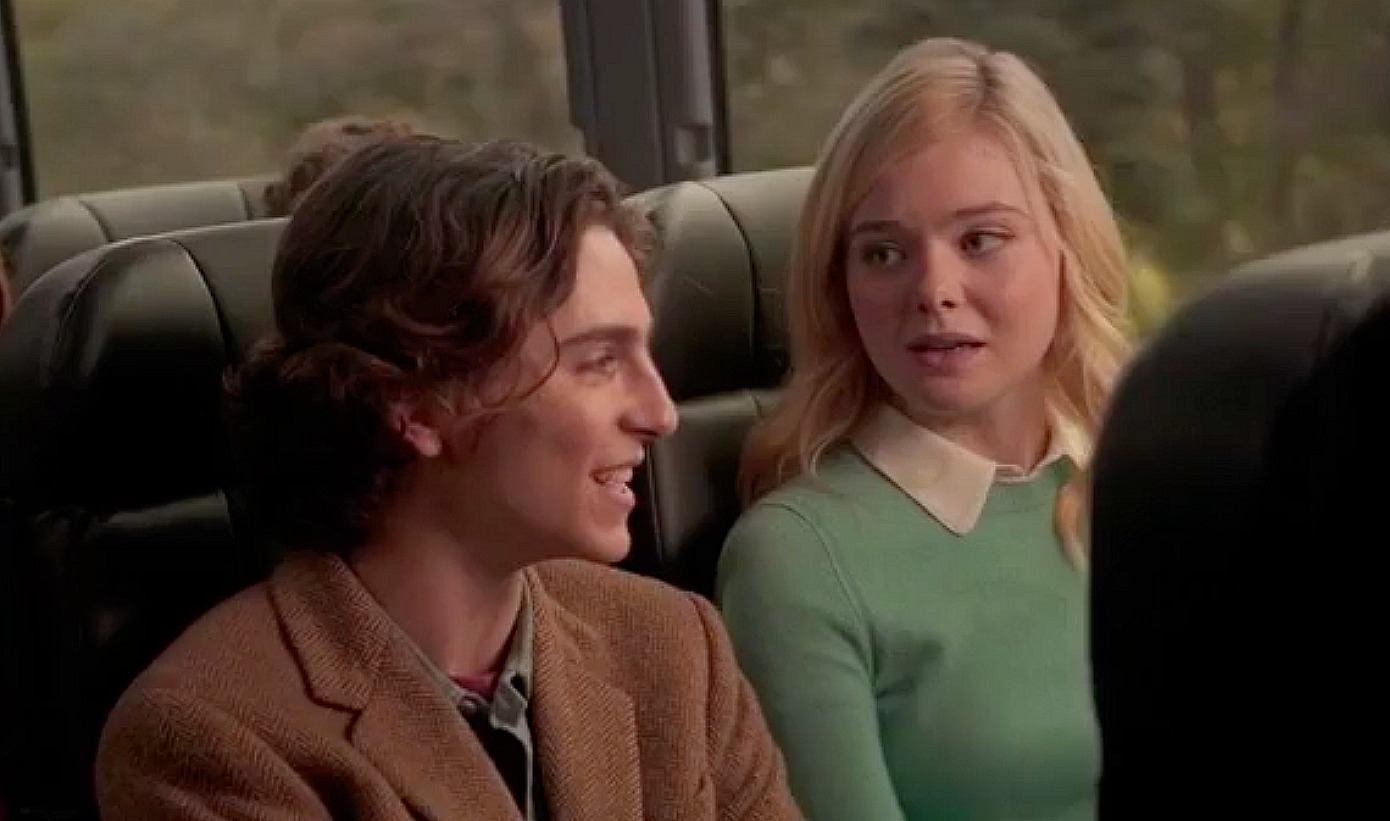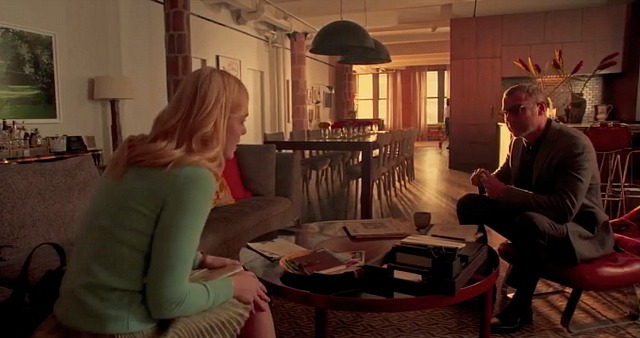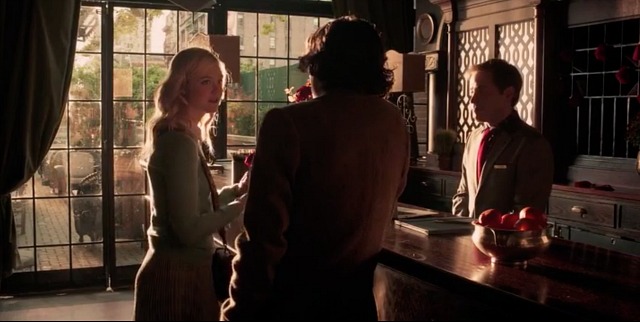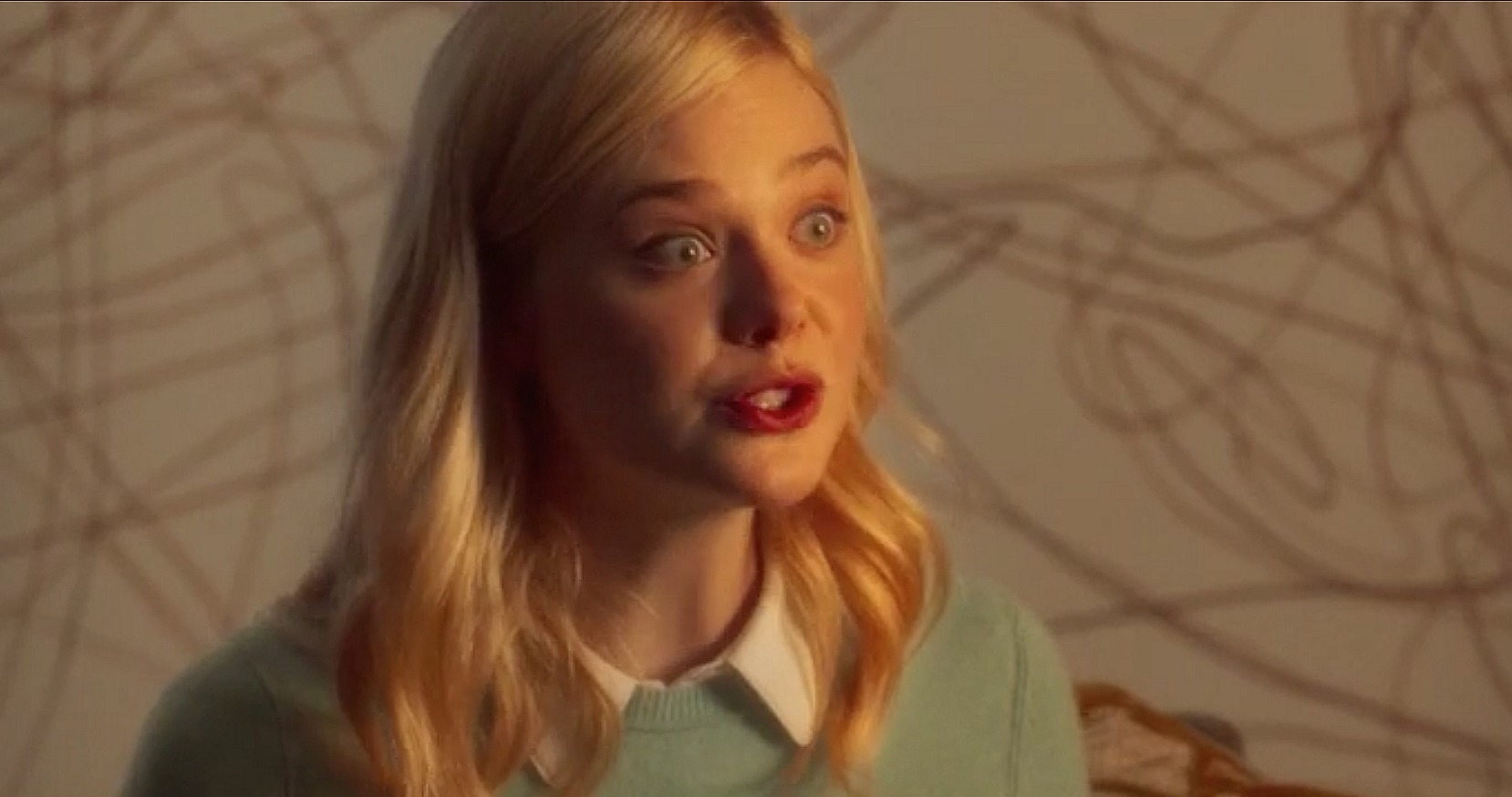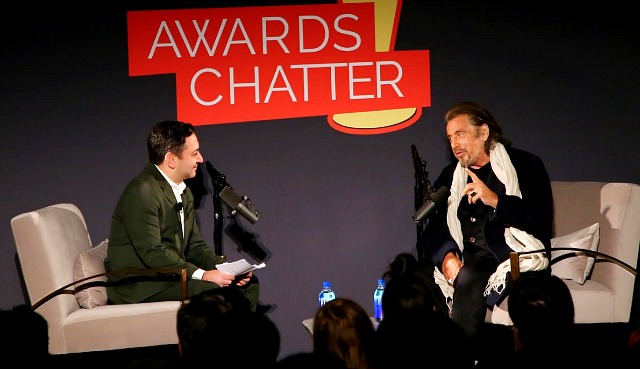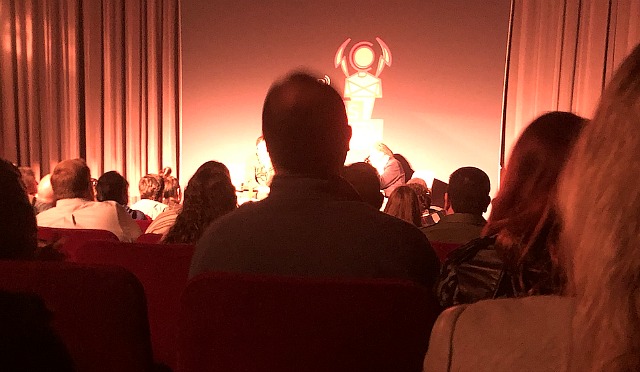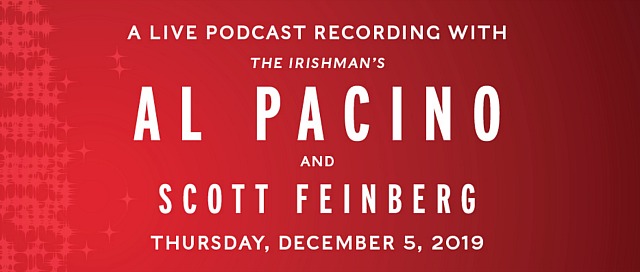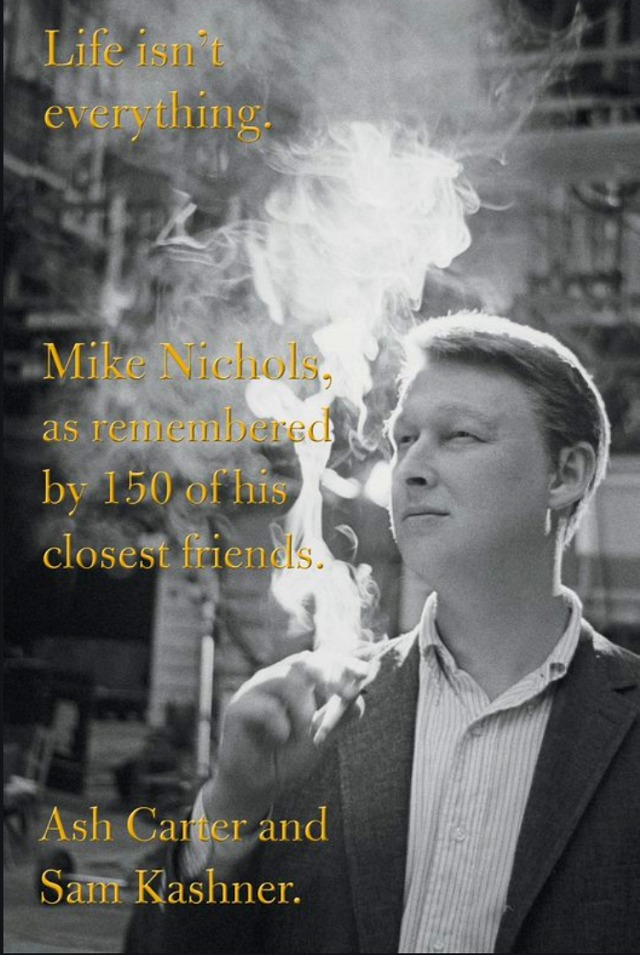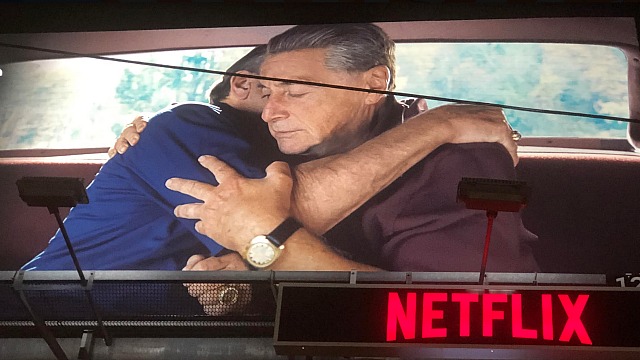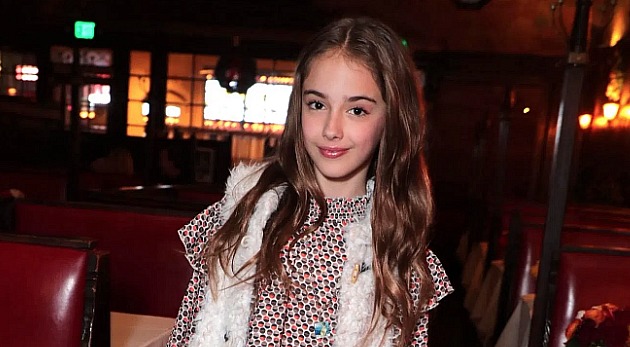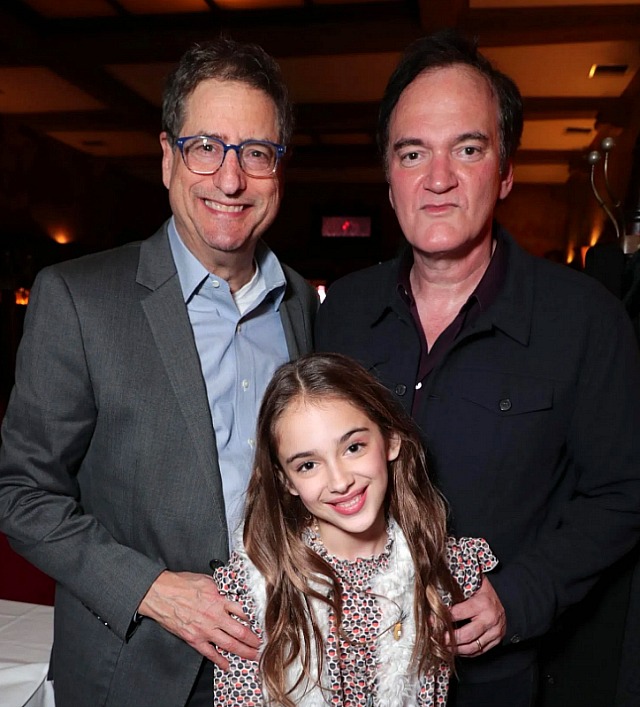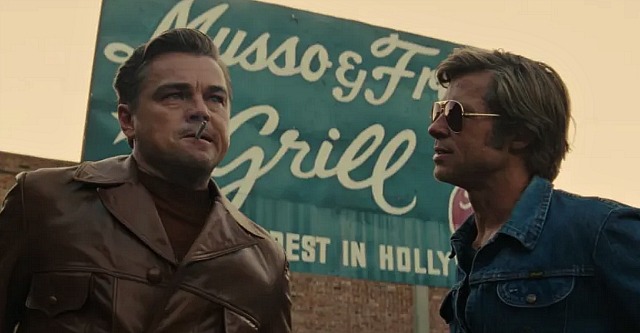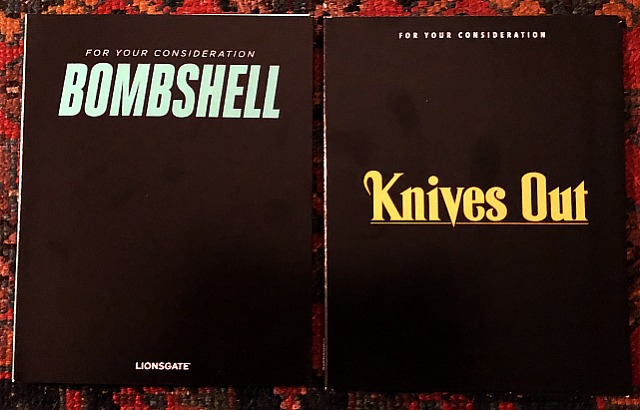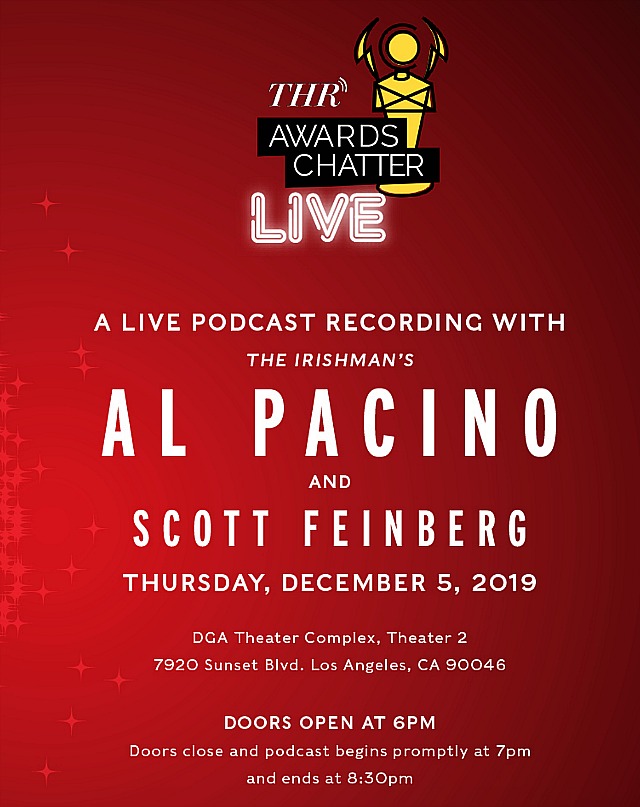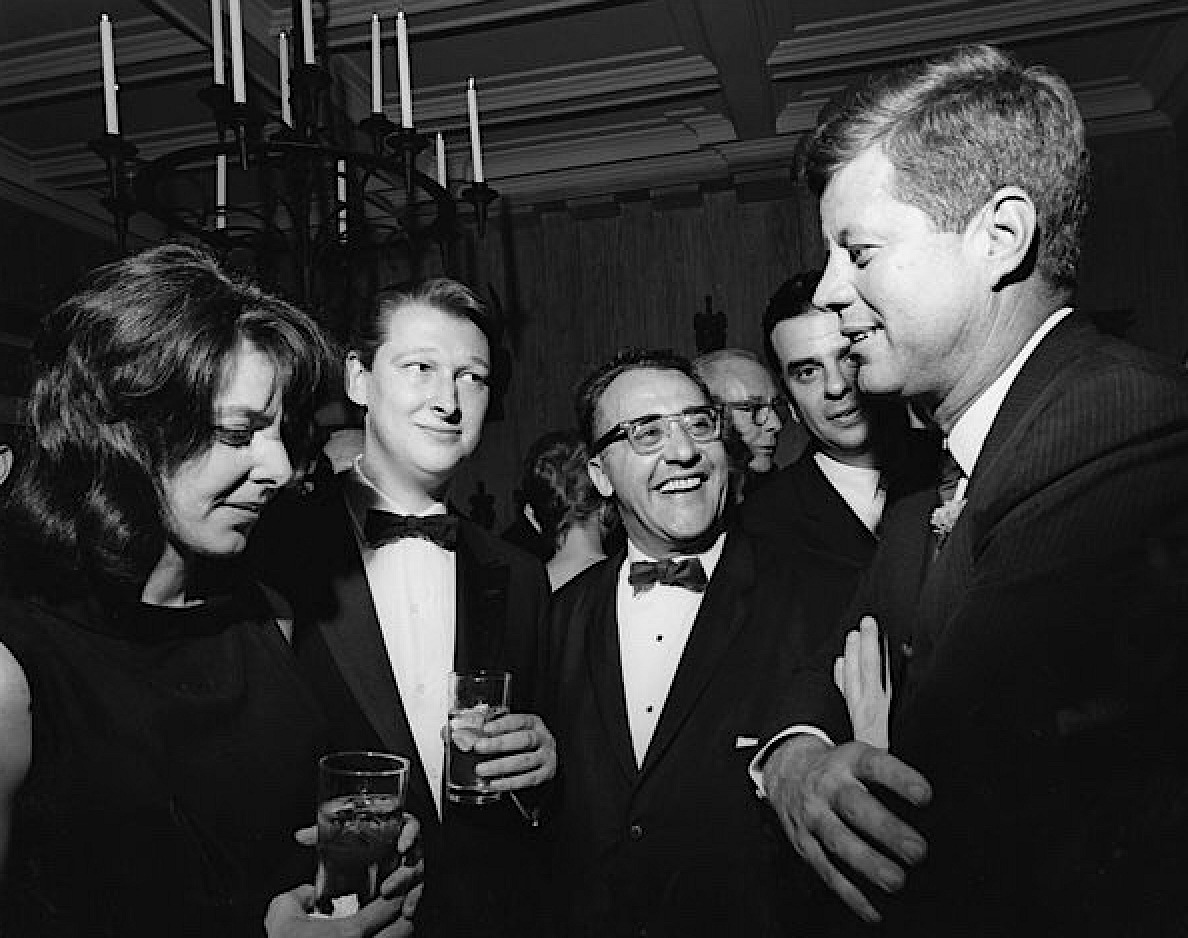No bullshit, no hesitations, no side glances — here are Hollywood Elsewhere’s 20 favorite films of the year without regard to awards handicapping and in order of preference — included because I responded on a pure gut-engagement level.
1. Martin Scorsese‘s The Irishman, which I’ve seen four times and could easily watch another couple of times without breaking a sweat.
2. Ladj Ly‘s Les Miserables — “Start to finish Les Miserables is rough, riveting, incendiary — written by Giordano Gederlini and Alexis Manenti and brilliantly shot by Julien Poupard. It generally feels like a rough-and-tumble Antoine Fuqua film, using the basic dynamic of Training Day (but with three cops instead of two) plus a little Do The Right Thing plus a dash of the anxious urban energy of William Freidkin‘s The French Connection.” — posted on 5.15.19.
3. Todd Phillips‘ Joker — “I don’t know how or why Warner Bros. got behind a film as nutso radical as Todd Phillips, Scott Silver and Joaquin Phoenix‘s Joker (10.4), but this is not corporate product. Make no mistake about the fact that this 122-minute film is propelled by misery, loneliness, alienation, despair, ennui, delusion and general social malevolence and madness. And it doesn’t back off from that.” — from “Genuine Art, Serious Madness, Real Anarchy,” posted on 9.29.19.
4. Melina Matsoukas and Lena Waithe‘s Queen & Slim — “Driven by predatory racism and sporadic violence, but essentially a feel-good film about kindness and charity and black togetherness, sans gun battles or car chases.” — from “Cop Killers With Kind Hearts…Really,” posted on 10.7.19.
5. Sam Mendes and Roger Deakins‘ 1917 — “A landmark war film with a single, continuous-shot approach that delivers an intense, knockout-level, ‘you are there’ slaughterhouse experience…an emotional hellscape that primarily struck me as a technical exercise, although blended with humanism, humor, sadness, brotherly compassion and even a moment of domestic tenderness.” — posted on 11.24.19.
6. Robert Eggers‘ The Lighthouse / “This Way Lies Madness,” filed on 5.19.19
7. Kent Jones‘ Diane / “All Hail Diane — 2019’s Best Film So Far“, filed on 3.27.19.
8. Quentin Tarantino‘s Once Upon A Time in Hollywood / “Once Upon A Time in Hollywood Is…‘, filed on 5.21.19.
9. Martin Scorsese‘s Rolling Thunder Revue: A Bob Dylan Story / “Rolling Along With Scorsese/Dylan” filed on 6.10.19.
10. FX’s Fosse/Verdon / “Fosse/Verdon — Theatrical, Exquisite, Pizazzy, Deep Blue,” filed on 4.25.19.
11. A.J. Eaton and Cameron Crowe‘s David Crosby: Remember My Name / “Crosby Doc Hurts Real Good,” filed on 1.27.19.
12. Russo Brothers‘ Avengers: Endgame / “Okay With Nominating Endgame For Best Picture Oscar,” filed on 5.4.19.
13. Noah Baumbach‘s Marriage Story — “In and of itself Marriage Story is a very fine, emotionally open-hearted film. Impressively acted, written, paced and sung. But it could have been Shampoo or Rules of the Game if Baumbach had wanted to go there. The fact that he didn’t is fine with me.” — from “Marriage Story Could Have Been Shampoo,” posted on 11.11.19.
14. Mads Brugger‘s Cold Case Hammarskjöld / “Riveting, Occasionally Oddball Cold Case”, posted on 1.29.19.
15. Celine Sciamma‘s Portrait of a Lady on Fire / “By my sights as close to perfect as a gently erotic, deeply passionate period drama could be,” excepted from “Midnight Panini,” filed on 5.21.19.
16. Dan Reed‘s Leaving Neverland / “After Tomorrow, Jackson’s Name Will Be Mud“, filed on 3.2.19.
17. Todd Douglas Miller‘s Apollo 11 / Just because I forgot to review this Neon/CNN Films doc doesn’t mean it doesn’t deliver a profound IMAX charge. I love that it offers no narration or talking heads.
18. Olivia Wilde‘s Booksmart / “This Time SXSW Hype Was Genuine“, filed on 4.25.19.
19. Trey Edward Shults‘s Waves — “One measure of a gripping Telluride film, for me, is catching a 10:30 pm showing (and they always start late) and maintaining an absolute drill-bit focus on each and every aspect for 135 minutes, and then muttering to myself ‘yeah, that was something else’ as I walked back to the pad in near total darkness (using an iPhone flashlight app to see where I was walking) around 1 am. This is what happened last night between myself and Trey Edward Shults‘ Waves.”
20. Sebastien Lelio‘s Gloria Bell / “Moore May Snag Best Actress Nom for Gloria Bell,” filed on 9.13.18.

